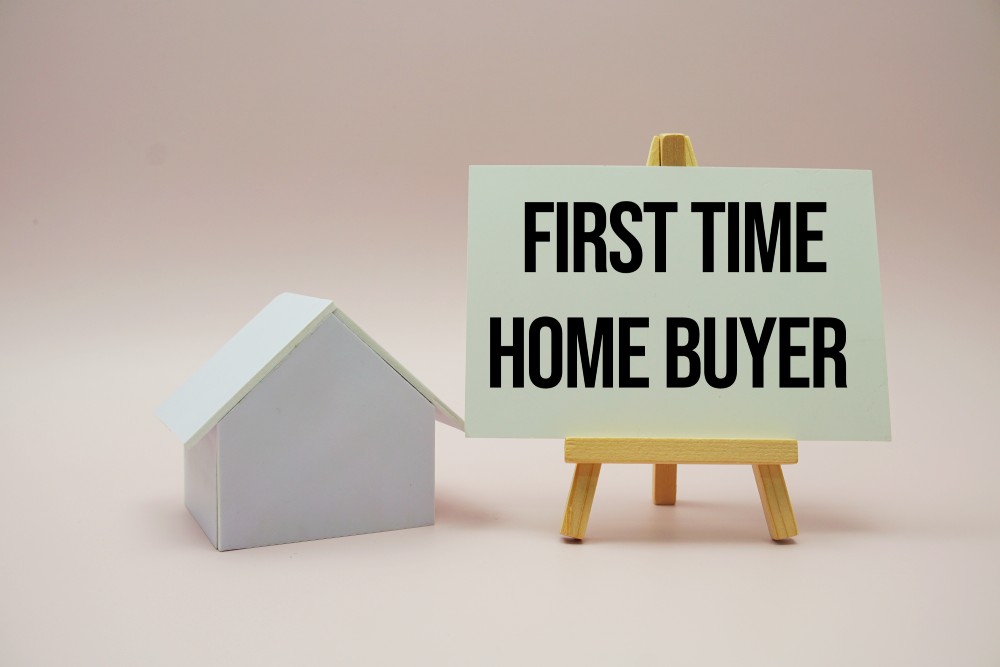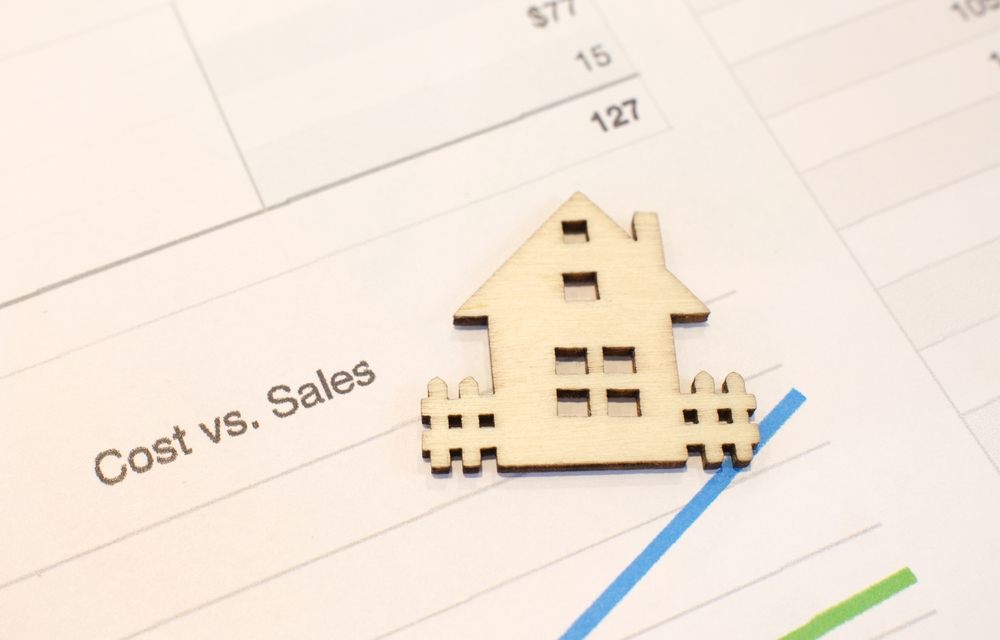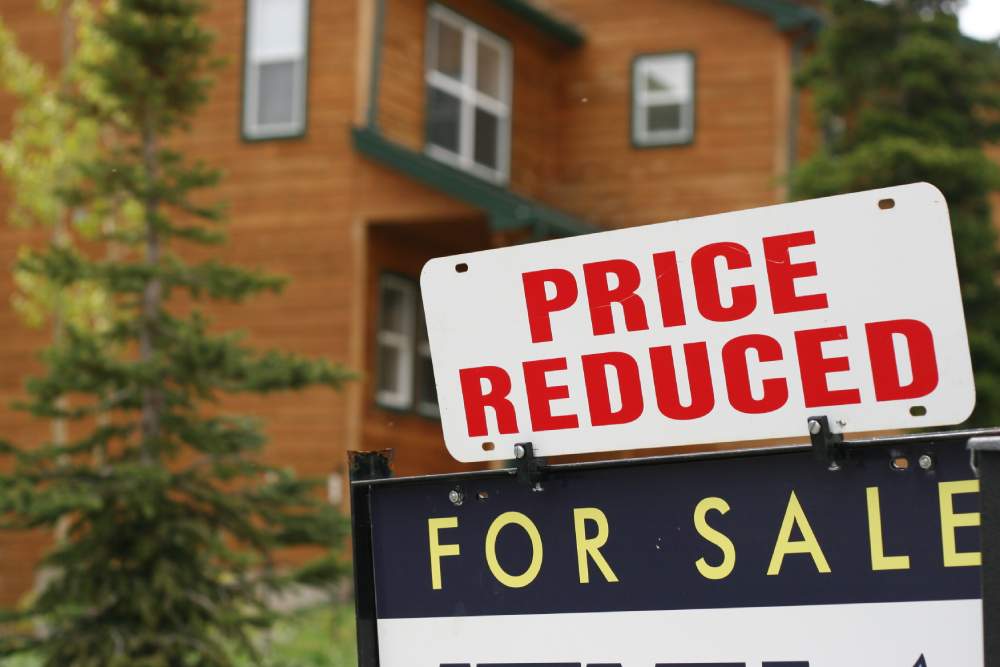Buying a house, it’s something a lot of people want to do, whilst also feeling overwhelmed by the process. If you’re a first-time buyer, the entire thing can feel out of reach.
Many people opt to rent when they initially move out. With rent prices so high, saving for a deposit, and paying for the costs associated with moving, might feel impossible.
However, that doesn’t mean you should give up on your dream of buying a house. If you’re a first-time buyer and you have absolutely no idea where to start, it’s always good to get some guidance, understand the process, and get an idea of how much you need to put aside.
In this guide, we cover a range of important topics for first-time buyers. From what a mortgage is, how to apply, deposits, property lawyers, and a simple guide to what the process looks like. We’re here to make sure you have everything you need before you take the next step.
Let’s start with the things you need to consider before you start looking for a house.
Can You Afford To Buy a House?
Buying a house might be a goal for some people. But there are pros and cons to owning a property that people should think about before they take the step of becoming a first-time buyer.
When you’re renting, the amount you pay in rent is more than the mortgage repayments on the property. This is so the landlord can make a profit. This means that if you were able to buy a similarly priced house, the monthly payments may very well be cheaper, which is a common cause for people wanting to buy a house for the first time. The payments would also be going towards the ownership of a house, rather than into someone else’s pocket.
In saying this, the housing market can be turbulent, and there are a lot of associated costs with buying a house. There are also the costs of any repairs or replacements, which when you rent, isn’t always your responsibility.
Before buying a house, it’s important to take into consideration your financial situation. Most mortgages are around 25 years (but can be more or less), and even if you’re thinking of moving during that time, you want to avoid affordability issues later down the road.
Making sure you’re aware of all the costs involved will help to prevent you from running into financial issues further down the road. Even if some of your outgoings are cheaper, there are lawyer’s fees, moving costs, surveyors fees and of course, the deposit.
How Much Do You Need For a Deposit for a House?
In most cases, you need a lump sum of money to buy a house. This is called a deposit. The price of your deposit depends on the price of the house, as it’s a percentage of the overall cost.
If, for example, you were to pay a 15% deposit, you would then have 85% (plus interest) left to pay via mortgage repayments.
What kind of house you get, and the price it will be, will be dependent on things like the area, the housing market, and the size of the house. Doing your research ahead of time, will give you an indication of how much you need to save for a deposit. Or if you already have some money set aside, how much of a percentage that will be towards your house.
In most cases, a minimum deposit is 5%. However, the more you can pay, the better. Paying a larger percentage can mean better interest rates from your mortgage lender, and you have less to pay off overall.
What Is a Mortgage?
A mortgage is a sum of money that you borrow from a mortgage lender in order to help pay for your house. This will be the amount of money left over after you’ve paid your deposit.
Say, for example, you wanted to buy a house that was £200,000. You pay a 20% deposit, which is £40,000 then there’s £160,000 left to pay. You would borrow the £160,000 from the mortgage lender and agree to pay it off over a period of time. As you are borrowing the money, the mortgage lender will add interest to this. The amount is divided into monthly payments, much like rent, apart from the money your paying is going towards the ownership of the house, rather than to a landlord. You can use a mortgage calculator to give you an idea of the overall cost.
In this form of loan, the property is essentially collateral. If you are unable to pay back the money you owe, the mortgage lender can repossess the property. This is why it’s important to make sure you have a clear understanding of your outgoings, as the amount you can afford to pay will be dependent on many factors.
These include utilities, food, debt repayments, and any other payments that go towards necessities. You should also take your disposable income into consideration too, as you don’t want to leave yourself with nothing left over. Creating a budget surrounding all these factors, will give you a good idea of the price range you should be looking for, and help you understand your chances of being accepted for a mortgage.
Applying For a Mortgage
Although you can’t apply for a full mortgage until someone has accepted an offer on a property, you can apply for something called a ‘mortgage in principle’. This is where you provide the information to a mortgage lender, and they see if you meet the eligibility criteria for a mortgage. Once they’ve determined that, they can give you the mortgage in principle, in the hopes that you will apply for a full mortgage with them once your offer has been accepted on a house.
This is especially useful if you have a complicated income, like if you’re self-employed, as this can mean you need more documentation of proof of earnings. It’s advisable to do this step, as if you are rejected, it will save you from putting in an offer to buy a house and being disappointed when you can’t get a mortgage. On top of that, this is a useful document to show estate agents, as some will only book a viewing if you already have this in place.
The mortgage lender will require a few things from you, these include, but are not limited to:
- Your credit rating – Your credit rating is a metric that measures your credit history. This will flag things like your repayment history, your credit utilisation, any recent applications for credit, and whether or not you’ve had financial difficulties in the past, such as bankruptcy.
- Your Income – Lenders will look at how much money you earn, and prefer steady, predictable forms of income. They also look at things like the debt-to-income ratio, which considers the percentage of your income you’re spending on paying off debts, and whether you’re in the position to take out more.
- Information about your financial expenditure – Lenders will also look at your bank statements, and assess where you’re spending your money, to give them an overall view of your spending habits, and whether this might impact mortgage repayments.
Once you’ve put in an offer, and it’s been accepted, you can apply for a full mortgage, which will cover the cost of the house that’s left after you’ve paid the deposit.
Finding a Property Lawyer
Property lawyers, or conveyancers, are experts that specialise in the buying and selling of properties. Although you don’t legally need a conveyancer to buy a property, it’s highly recommended you get one. Property law is complicated, and there are many horror stories of people who have had issues from trying to do the whole process themselves. If you are buying with the aid of mortgage finance a lawyer will be needed but they can act for you and your mortgage lender so long as there is no conflict of interests.
Having an expert to deal with the legal side of things will help prevent you from missing important parts of the process. Ideally, you’d have one lined up when you start looking for houses. They will need to open your file and run identification checks that are required by law. Finding the right conveyancer that will fit your needs and budget early on, will help to have time when you put in an offer.
Buying a house isn’t a simple process, so having the right conveyancer in your corner is vital. That’s where we come in. Our experienced and professional conveyancers can help you on your way to owning your perfect home. Make an enquiry today and get the ball rolling.
The Buying Process – A Step-By-Step Guide

-
Your Property Search
Most of you will already know how to do a property search. Once you’ve sorted your budget, you can input your details into a property search website and see what comes up. If you would prefer, you can head into an estate agent and speak to them directly to find properties they have within your price range. Once you have a few properties you would like to view, it’s time for the fun bit.
-
Viewing Houses
Viewing houses is time consuming, but it’s a step you want to get right. Be prepared with a list of questions to ask while you’re viewing the property, which will give you the chance to find out as much as possible. Once you’ve viewed a few properties and found one that you think would be a good home, you can make an offer.
-
Making an offer
When you’re ready to make an offer, you might feel a little overwhelmed about how much to suggest. It can be useful to look at other houses in the same area of a similar size and take into consideration the price the house is on sale for. Once you’ve decided how much you’d like to offer, you can talk to the estate agents, then wait patiently and hope they accept your offer. Be prepared to negotiate the house price, as this stage can include a back and forth between the seller, estate agent, and yourself.
-
Instruct Your Property Lawyer
Now you’ve put in an offer, and negotiated the price, it’s time to instruct a property lawyer to start working. The earlier they can start things on their side, the better, as this can speed up the process, as they can be working on getting things in order while you go onto the next step.
Get A Quote | PM Property Lawyers
-
Applying for a full mortgage
Ideally, you’ll already have your mortgage in principle, but now is the time to apply for a full mortgage. People often use the same mortgage lender as they got their mortgage in principle from, as you know you have a high chance of being accepted. Once the draft contracts are ready, and your mortgage application is in, things are starting to feel a little more serious.
-
Getting a survey of the property
Getting a survey of a property, although not mandatory, it’s often a requirement for mortgage advisors and essential if you want to avoid any nasty surprises. A surveyor will run checks, and assess the condition of the property. There are different levels of survey, which vary in cost, which one you choose will depend on your budget and how thorough you want the survey to be. This needs to be done before you exchange contracts, as if the house is in bad condition you may want to retract your offer, or negotiate the price. Once the house is in your name, and all the paperwork has been signed, you can’t do this.
-
The Legal Work
Your conveyancer will have been working in the background since the offer has been accepted. They will deal with all the legal sides of the process. This includes running checks on the property known as searches, negotiating key dates, checking boundaries and transferring the ownership of the property. The transfer of ownership is called completion day, or more simply, the day you get the keys and move into your new house.
-
The Move
Moving day can be hectic, so make sure you’re prepared. It’s arguably less stressful if you haven’t been involved in selling the property you’re currently living in, however it’s good to create your moving checklist ready, and make sure everything’s in order. Having your removal company sorted, boxes packed, and everything ready to go, will help to ensure that everything goes smoothly on your end.
And there you have it. You’re in your new home, and it’s time to celebrate being a homeowner. This is, of course, an overview of a complicated process. A lot of things go on in the background, especially on the legal side.
That’s why it’s highly recommended you find a trustworthy, experienced, and professional property lawyer to do the job they’re trained to do. Knowing that you’re in safe hands will help take some of the pressure off, so you can deal with everything else.
Our property lawyers are here to help you with this exciting step. Get the ball rolling, and see how we can help by using our contact form, or give us a call on 0330 056 2184.






